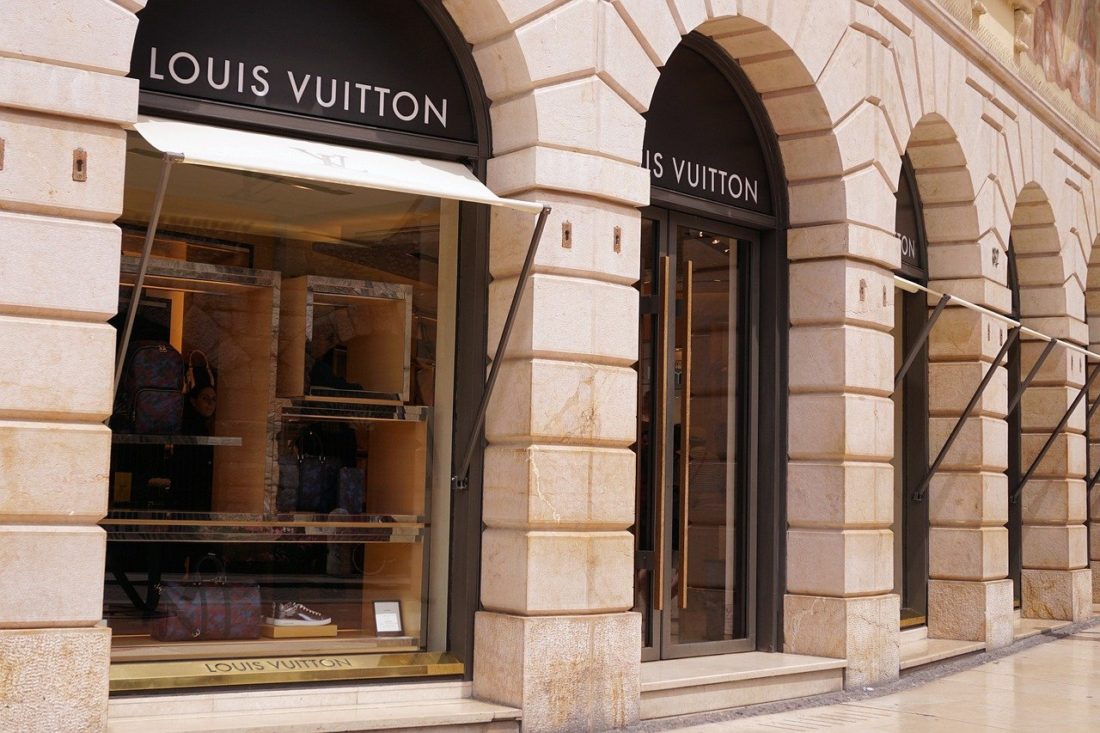Luxury and Gen Z. Do those two terms go together? Gen Z is the generation born online with a strong belief in being unique as well as socially conscious. And contrary to popular belief, Gen Z is consuming luxury goods and services. As of 2026, Gen Z will be the largest U.S. consumer population. It’s time for brands to understand why luxury attracts this generation and what this means for all brands.

To get a sense of Gen Z’s influence as a generation, this massive segment of U.S. consumers born between 1998 and 2016 already makes up an estimated buying power of more than $143 billion. They also account for 40% of global consumers and have an indirect spending power of $600 billion.
Although as a population Gen Z won’t peak for another 10 years, they are core influencers today due to their impact on both millennials and Gen Xers in terms of what they buy.

Listening to Gen Z
Gen Z understands the number of choices they have at their fingertips, and they will choose products and brands that fit their needs and meet them on their terms—not the other way around. According to a study on Gen Z and the paradox of luxury by the Robin Report, they “demand to be seen as unique” and be heard in relation to both brand identity and product development.
Gen Z is an incredibly resourceful generation, and they rely heavily on the web as a primary source of education. They research and recommend brands based on what is important to them: their values, accessibility, authenticity, and uniqueness. Brands must be omnipresent; communicating their value, contributing to the social fabric, thinking about sustainability, and bringing something new for customers every time. These are concepts that are here to stay.
Why Gen Z Loves Luxury
Gen Z is definitely willing to spend money on luxury. They are looking for unique items that set them apart, that show they’re different. And if they find it from a luxury brand, then they’re absolutely willing to pay for it, according to McKinsey’s Gen Z shopping research. “We’ve seen more growth among Gen Z buyers and consignors of luxury resale than ever before, particularly as these shoppers hunt for more unique pieces that reflect their personal style,” says Sasha Skoda, Category Director, Women’s at The RealReal.
Gen Z loves vintage and second-hand shopping. Luxury brands provide high-quality items from a brand they’ve likely heard of their entire lives coupled with the sustainable bonus of extending the item’s use. In 2020, the greatest growth in both buyers and consignors of luxury goods was among Gen Z; up +33% and +86% year over year, respectively.

If I’m going to spend money, big or small, I want to make sure it’s going toward something I believe in. And in addition, if I’m going to be presenting it as attached to myself, I want to feel even more pride that it’s something that I am connected to.—”Meet Generation Z: Shaping the Future of Shopping,” McKinsey
Animal cruelty, discrimination and poor treatment of workers are the most likely behaviors to isolate Gen Z from a brand. Authenticity is a priority for Gen Z. So spending big on high-quality purchases is preferable compared to buying multiple garments to throw away within a few months. And by buying second-hand, they can rest assured that their values and their bank balances are aligned.
How to Attract and Speak to Gen Z
According to WP Engine’s Gen Z research, Gen Z expects personalization, entertainment, and engagement. If you’re not providing Gen Z with the entertaining, digital experiences they expect, someone else most certainly is. Engaging Gen Z with entertaining content, and video in particular, across different channels is one of the most effective ways to get—and keep—their attention.

Gen Z is looking for products and services offering a truly authentic experience. They also want brands to speak their language and values. Luxury brands are connecting with Gen Z’s post-racial, post-gender sensibilities with campaigns featuring “people like themselves.” Brands focused on the sustainability, quality and durability of products also are speaking Gen Z’s language.
More than 90% of brands lack the positioning and storytelling needed to be relevant to Gen Z in the future. In order to stay relevant, brands need much more consumer-focused brand storytelling that puts rational and emotional consumer benefits at the center. Gen Z wants to know what’s in it for them—or they’ll move on to other brands that provide it.
Image by Andreas Lischka from Pixabay





Join the conversation